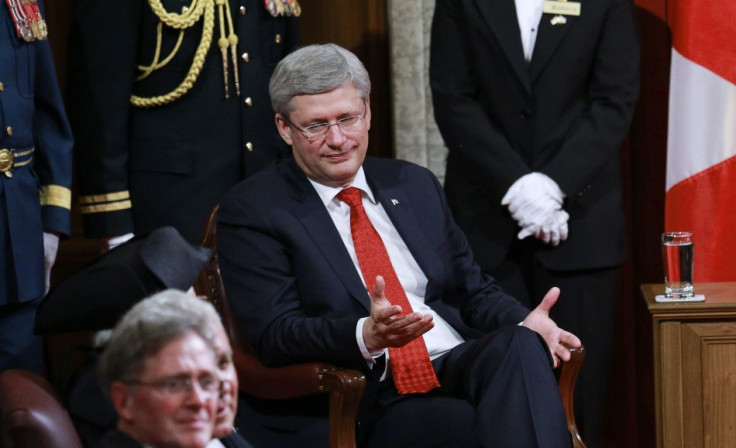Canada Set to Sign EU Free-Trade Pact in Bid to Boost Exports

Canadian Prime Minister Stephen Harper is meeting European Union leaders in Brussels on 17 October to ink a long-stalled free-trade agreement as he looks to boost the country's economic growth with increased exports.
Harper is expected to conclude talks on the Comprehensive Economic and Trade Agreement (CETA) deal with the EU. The trade deal has been delayed for about two years following a series of disagreements between the parties.
"The Prime Minister will travel to Brussels to meet with the President of the European Commission, Jose Manuel Barroso, with the goal of concluding the CETA negotiations," said an official statement.
Harper will return on 18 October.
On 16 October, Harper told Canadian lawmakers that his government will soon complete the key trade pact.
"Our government launched the most ambitious trade agenda in Canadian history," Harper said in a mid-term update of its agenda.
According to officials cited by Bloomberg, the parties have reached an agreement in principle on the free-trade pact.
Economic Woes
The Canadian economy has experienced an average quarterly growth rate of 1.3% since the beginning of 2012.
However, this is significantly lower than the 3% growth recorded in 2010 and 2011.
Exports, which have been contributing largely to the economy, were down 1.2% since the end of 2011.
A free trade agreement is expected to increase annual Canadian gross domestic product (GDP) by €8.2bn ($11.1bn, £6.9bn), according to a joint study released in 2008 by the Canada and the European Commission.
The amount represented about 0.77% of the country's output in 2008.
Meanwhile, the EU economy would benefit from a €11.6bn or 0.08% increase in GDP.
Canada's manufacturing companies were also concerned about the ongoing trade talks between the US and EU, fearing that the US will leapfrog Canada as EU's priority trade partner.
As a result, lobby groups and companies backed the agreement and pressurised the government to enter into a deal.
In 2012, 8.9% of Canadian exports went to the EU, while Canada represented 1.9% of total EU exports.
Furthermore, the trade deal is politically significant for Harper, who is known for his economy management skills, as the ruling Conservative Party-led government is looking for its fourth straight election win in 2015.
While Conservatives have fallen in opinion polls, hit by an expenses scandal involving some of their lawmakers, Harper still holds an advantage over his rivals when it comes to economic issues.
© Copyright IBTimes 2025. All rights reserved.






















